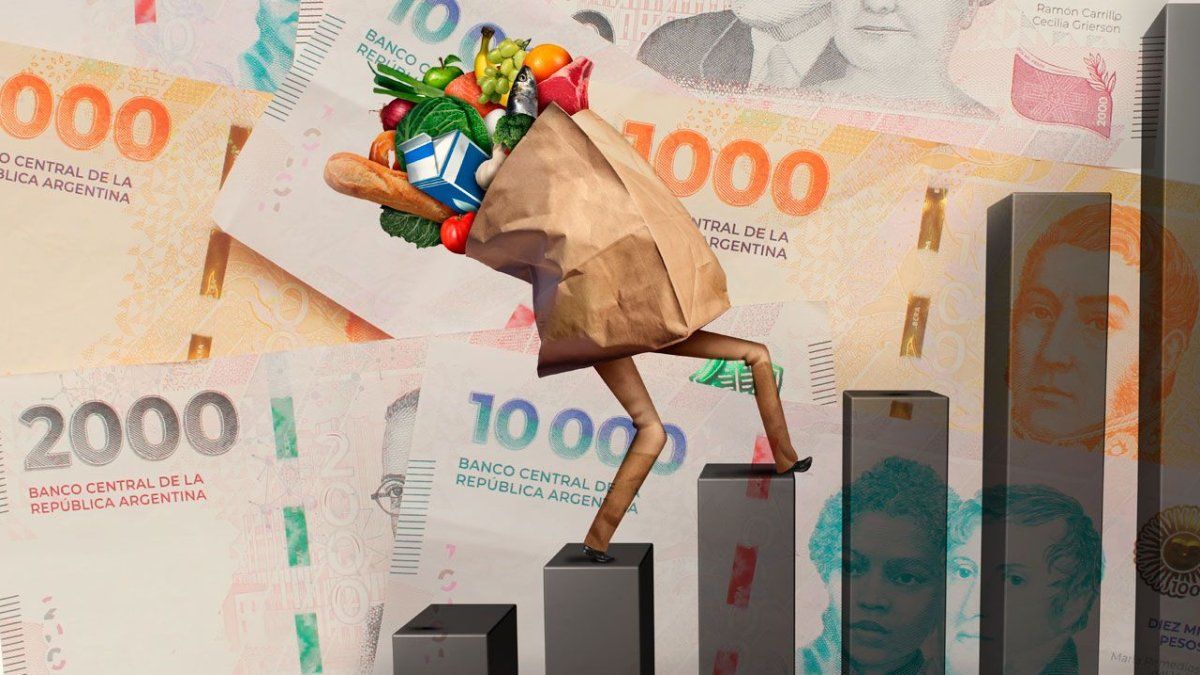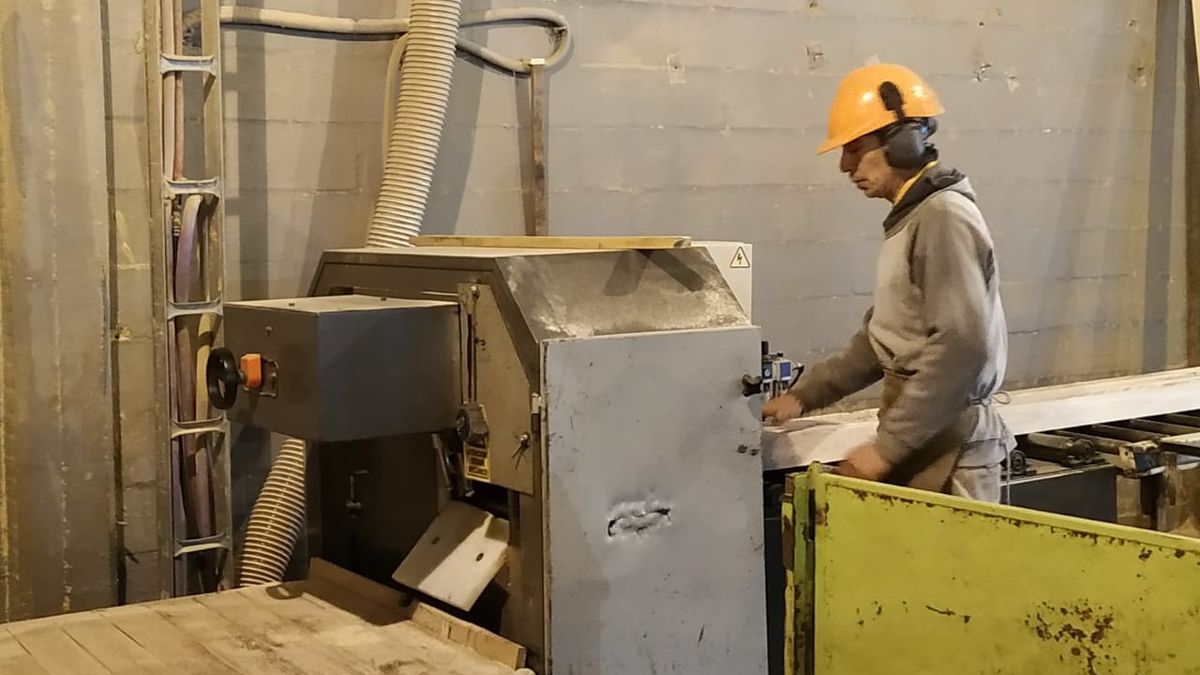We are used to living with inflation. In our country, the problem, except for hyperinflation in 1989, has always been high levels of unemployment, poverty and a shortage of international reserves.
Since we are born in our country we are all used to living with inflation and therefore we are not frightened by the numbers that we have been seeing for many years now. But it is always necessary to remember when the great inflationary leaps occurred.
The content you want to access is exclusive for subscribers.
The first leap occurred in 1975 when we went from an annual inflation of 20% to 50%, which meant unemployment of 4% and poverty of 6%; during the dictatorship from 1976 to 1983, inflation rose to 200% annually and unemployment at the end was 10% and poverty at 30%.


In 1989 we had the biggest jump in inflation, reaching 3,000% with unemployment at 25% and poverty close to 50%, with the aggravating factor that the BCRA reserves were only US$ 117 million; in 2001 inflation was -1.2% with unemployment at 25%, poverty at 57% and reserves at US$ 33 billion. It should be noted that from 1998 to 2001 there was a situation of paralysis of economic activity.
In the intermediate periods, inflation levels remained between these levels and both unemployment and poverty returned to average levels of no less than 30% (except for some months of 26-27%). Many of these values were repeated after 2001. Since in 2015, according to official data, inflation was 27%, unemployment 6.5% and poverty 29% with reserves close to US$ 37 MM; in 2019 inflation reached 55% annually, unemployment 9% and poverty 39% with reserves of US$ 35 MM; in 2023, inflation reached 211%, unemployment 5.5% and poverty 44% with reserves in the order of US$ 33 MM.
At this moment we have a monthly inflation of around 4 or 5% from now until the end of the year with unemployment estimated to date at 10% and poverty exceeding 60% with international reserves approximate to US$ 28 MM, again with a paralysis of economic activity as a result of the measures taken on December 12 and together with both DNU 70/2023 and the implementation of Laws 27,742 and 27,743 lead our country to a situation of economic depression as only experienced in 1930.
With all this we can establish without a doubt that in our country the problem, except in 1989 when hyperinflation occurred, has always been the high levels of unemployment, poverty and lack of international reserves.
If we add to what was said in the previous paragraph that as a consequence of the insistence of the Head of GCABA to enforce the CSJN ruling and in the face of the national administration’s refusal to do so, he hinted at the intention of going through judicial channels, going so far as to seize national public accounts if necessary. The result of this ended up being an imminent transfer as of September 1 of the 31 bus lines that begin and end within the City with the ELIMINATION of the corresponding subsidies with the aggravating factor that jointly with the AMBA area he intends to take away the benefits of the SUBE NETWORK and that the residents of Ciudad + GBA pay the full tickets without any type of discount. With the above explained, the minimum fare changes from Monday 12 to $370 (40% increase) and from September it would be placed close to $1,000 (170% increase), knowing that there will be workers who earn close to $400 thousand and will have a cost of close to $120 just for trips to have 1 bus + 1 train + 1 subway, therefore it will not be useful for them to go to work and they would soon be unemployed.
It should be noted that the benefits of the SUBE NETWORK are incorporated into the 2023 budget, which is being extended and with its update until the end of the year, they make up a total of $8MM only out of the total of several billion thousand pesos. Therefore, and taking into account that the total of Mr. President’s private trips amount to a value close to US$4 million today or, translating it into pesos, close to 4 BM; it would seem that they intend for the budget not to be overwhelmed by private expenses and end up closing with the updated values.
If we add to what has been said that this week the official data of the INDEC construction index for June were known and it has been at values between -34 and -37% since last March. This would be ensuring that the economic depression into which we have been plunged since 12/12/2023 will last at least until September 2025.
Economic and tax analyst
Source: Ambito
David William is a talented author who has made a name for himself in the world of writing. He is a professional author who writes on a wide range of topics, from general interest to opinion news. David is currently working as a writer at 24 hours worlds where he brings his unique perspective and in-depth research to his articles, making them both informative and engaging.




